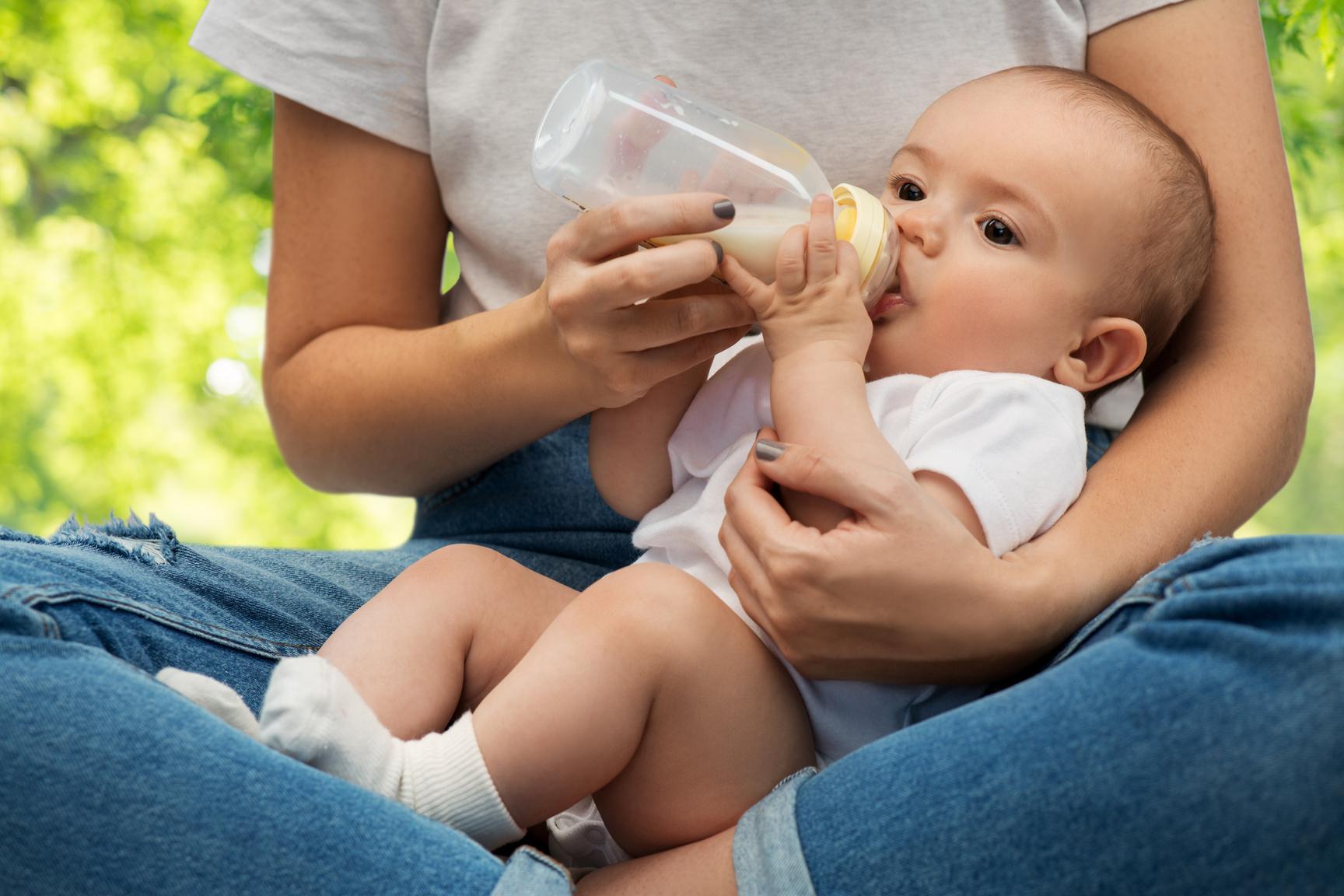
1 minute read
Research in high-impact factor journals: Health and nutrition claims for infant formula: International cross-sectional survey
British Medical Journal (IF - 96,21)
Results
757 infant formula products were identified, each with a median of two claims (range from 1 (Australia) to 4 (US)), and 31 types of claims across all products
Of 608 products with ≥1 claims, the most common claim types were "helps/supports the development of brain and/or eyes and/or nervous system", "strengthens/supports a healthy immune system, and "helps/supports growth and development".
Wits Researchers involved (WDGMC): Lindsay
Archibald-Durham
This research is an international cross-sectional survey that set out to review available health and nutrition claims for infant formula products in multiple countries and to evaluate the validity of the evidence used for substantiation of claims.
Setting
Public-facing and healthcare professional-facing company-owned or company-managed formula industry websites providing information about products marketed for healthy infants delivered at full term in 15 countries: Australia, Canada, Germany, India, Italy, Japan, Nigeria, Norway, Pakistan, Russia, Saudi Arabia, South Africa, Spain, the United Kingdom, and the United States in 2020-22.
Main outcome measures
Number and type of claims made for each product and ingredient References cited were reviewed and the risk of bias was assessed for registered clinical trials using the Cochrane Risk of Bias tool, and for systematic reviews using the Risk Of Bias in Systematic Reviews tool
41 groups of ingredients were associated with ≥1claims, but many claims were made without reference to a specific ingredient. The most common groups of ingredients cited in claims were long-chain polyunsaturated fatty acids; prebiotics, probiotics, or synbiotics; and hydrolysed protein 161/608 (26%) products with ≥1 claims provided a scientific reference to support the claim-266 unique references were cited for 24 different claim types for 161 products The reference types most frequently cited were clinical trials and reviews 28% of referenced clinical trials were registered, 14% prospectively 58 claims referred to 32 registered clinical trials, of which 51 claims related to a randomised comparison. 46 of 51 claims (90%) referenced registered clinical trial outcomes at high risk of bias, and all cited systematic reviews and pooled analyses, carried a high risk of bias.
Conclusions
Most infant formula products had at least one health and nutrition claim Multiple ingredients were claimed to achieve similar health or nutrition effects, multiple claims were made for the same ingredient type, most products did not provide scientific references to support claims, and referenced claims were not supported by robust clinical trial evidence
*Read the full article










